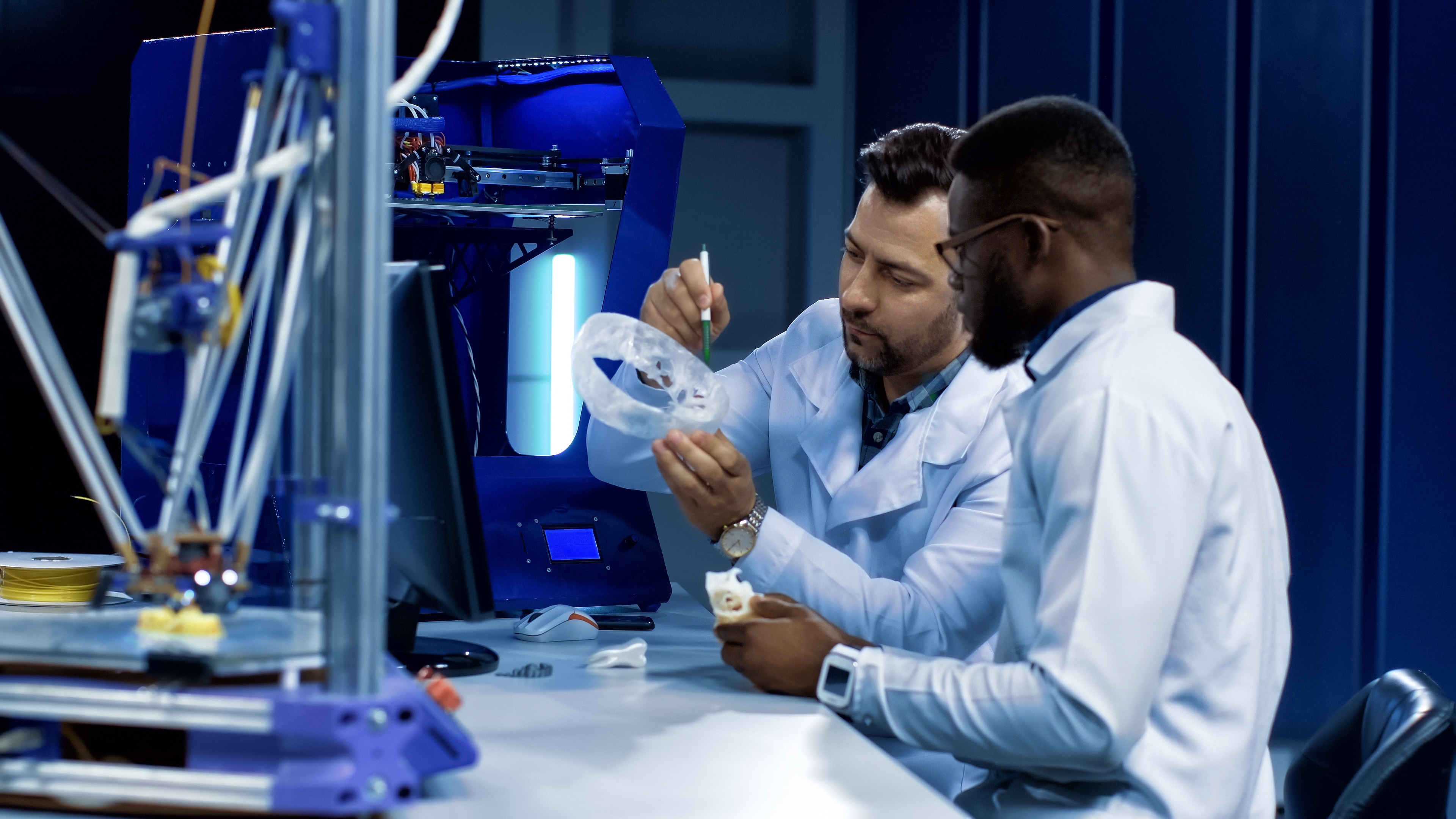|
Getting your Trinity Audio player ready...
|
Last updated on October 13th, 2023
The world of healthcare is fast-paced and ever-changing, and ground-breaking discoveries progressively transform lives. The role innovation plays in healthcare cannot be overstated; it is medical innovations that revolutionize patient care, improve treatment outcomes, and open doors to further advancements.
Inventions drive the healthcare industry’s advancement; however, they risk failing to reach their full potential if they are not patented. Patenting medical inventions is crucial for several reasons, and in this article, we’ll explore the most important ones.
What Is a Legal Medical Patent?
A patent is a legal means of granting the patent holder the right to exclude others from making, selling, and profiting from the subject matter of the patent claims. It prevents others from utilizing the patented invention, even in clinical trials, unless a license or right to use is conveyed.
Medical patents can include those that relate to new drugs, gene therapy, medical devices, procedures, information technology, or healthcare management systems. The United States has three categories of patents: plant, utility, and design. Most medical patents are utility patents that relate to manufactured objects, machines, processes, or methods.
Why Patenting New Technologies Is So Vital
Obtaining a patent for medical innovations will do more than just protect healthcare professionals and their interest in their invention. A patent will also protect the invention and those who will use and benefit from it, and it will do so for 20 years from the date the patent was filed. Some of the most critical reasons to secure a medical invention patent include the following:
- Preserving intellectual property rights (including rights related to artificial intelligence)
- Gaining commercialization and market exclusivity
- Attracting investment and funding
- Enhancing patient care and treatment options
- Promoting technology transfer and collaboration
Innovation paves the way for new therapeutic approaches as the field of medicine advances. It’s important to examine each benefit of medical invention patents closely.
Preserving intellectual property rights
It’s imperative that you legally protect your innovative ideas and safeguard your intellectual property rights with a patent to prevent others from copying or exploiting your invention without your permission.
Securing a patent also gives you the ability to profit from and control your invention while encouraging further development and research. It also preserves your competitive advantage for a limited time.
Gaining commercialization and market exclusivity
Expanding on the benefit of preserving property rights is commercialization and exclusivity. When you hold the patent to an invention, you enjoy the key advantage of being allowed to control its pricing, distribution, and licensing. Doing so ensures you receive the proper return on investment and prevents others from profiting from identical products.
Inventors can negotiate advantageous licensing agreements with partners and capitalize on their inventions thanks to the exclusive rights that come with a patent.
Attracting investment and funding for healthcare organizations
Investors are more inclined to fund projects demonstrating a solid intellectual property foundation. When a medical invention is patented, it demonstrates uniqueness and strong marketing potential. This instills confidence in investors that their investment will produce returns.
Gaining a patent for your medical invention reduces the risk of competitors creating copies of your invention. When there is only one true subject, its market value is maximized, making it an attractive investment opportunity.
Enhancing patient care and treatment options with medical innovations
The most rewarding and significant benefit of obtaining a patent for your medical invention is the potential to improve patients’ care and expand their treatment options. When a medical invention is patented, it addresses unmet needs by improving existing treatments or introducing new ones.
When a device is patented, it also incentivizes companies to invest in and use it, ultimately benefiting the healthcare industry and improving treatment outcomes.
Promoting the transfer and collaboration of innovative technologies in the healthcare sector
When an invention is patented and disclosed, collaboration between inventors and end users is encouraged as they contribute to the collective knowledge regarding the invention. Disclosure can motivate and inspire other inventors to build on existing devices, which leads to future advancements and breakthroughs.
Patents also facilitate partnerships and licensing agreements as investors transfer the technology to research institutions or companies for continued commercialization, development, and production.
Protecting your health services invention with a patent
Maximizing the potential of healthcare inventions is the ultimate goal of patents. Inventors are empowered when they preserve their intellectual property rights, attract funding and investment, and promote collaboration and technological advancements. Patenting medical inventions also improves patient outcomes while contributing to the healthcare environment, which are the most important reasons for protecting medical innovations with legal patents.
Learn How to Patent Your Invention With a Step-by-Step Course
Learning how to patent a medical invention can seem daunting and overwhelming. Navigating the process can be simplified with the MasterPsych medical innovation development and protection course, Invent Our Future.
Highly skilled medical professionals like you put their creativity and knowledge to work for the benefit of human health every day and deserve to have their medical innovations protected. The Invent Our Future course will give you a basic understanding of protecting your invention with lectures and sessions covering everything from intellectual property considerations and evaluating the FDA approval process to working with a startup business incubator and building an innovative business model.
The course provides over 18 hours of professional instruction and guidance and has been implemented in accordance with the standards of the Accreditation Council for Continuing Medical Education (ACCME). Inventors will be taken through designing, protecting, patenting, and monetizing their innovation step by step.
You can enjoy a free trial and a money-back guarantee on the program, which also includes 14 AMA PRA Category 1 credits™. Register now to learn everything you need to secure a patent for your medical invention and improve the healthcare industry.


Leave a Reply